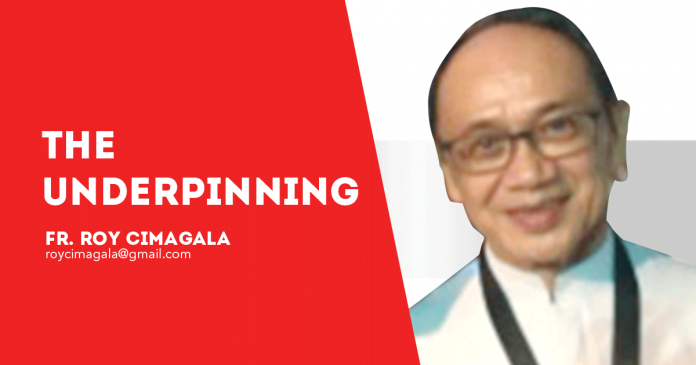
THAT’S what Christ told his disciples. “Beware of false prophets, who come to you in sheep’s clothing, but underneath are ravenous wolves.” (Mt 7, 15)
We have to be wary of these characters because the world is now awash with false prophets and demagogues. It even looks like we have an infestation. Whether we look at the fields of politics, business, the sciences, sports and entertainment, and yes, even in religion, we can readily find dishonest and corrupt leaders, false prophets and lying teachers.
It actually should be no surprise. Since time immemorial, and even during the time of Christ, demagogues proliferated. Our human condition, if not grounded on God, is vulnerable to it. We can´t help it. Our world can easily produce the pertinent elements and factors that give rise to them. And we can never run out of potential materials.
In this, we have received enough warnings from Sacred Scripture. “Beloved,” St. John, for example, in his first letter tells us, “do not believe every spirit, but test the spirits to see whether they are of God; for many false prophets have gone out into the world.” (4, 1)
There are many kinds of spirits roaming around the world, and we have to learn how to discern them. There is the spirit of God, the spirit of Christ as opposed to the antichrist. There is also the evil spirit, and the spirit of the world that is dominated by the evil one. There is also the spirit of the flesh.
St. John was explicit as to which spirit is proper to us. “By this you know the Spirit of God: every spirit which confesses that Jesus Christ has come in the flesh is of God, and every spirit which does not confess Jesus is not of God. This is the spirit of antichrist, of which you heard that it was coming, and now it is in the world already.” (1 Jn 4, 2-3)
And among the most dangerous false prophets we can have today are those clerics who get into partisan politics. They clearly would not be following the teaching and example of Christ who, even if he knew the shenanigans in the political world of his time, did not make any definitive stand on a specific political issue.
That’s because, I suppose, Christ knew he would be adding unnecessary division among the people if he would get into partisan politics. Politics is such a complicated area where things can never be black and white, totally right or totally wrong. It’s always grey, since the issues involved are matters of opinion and preferences that can give rise to a variety of different and even conflicting positions of the people.
The mixture of good and evil in politics, benefits and dangers are so intertwined that to separate one from the other would practically be impossible and most likely be more harmful than helpful.
Perhaps that’s one of the reasons why Christ talked about the parable of the wheat and the weeds. (cfr. Mt 13, 24-30) It would not be wise and prudent, according to the lesson of that parable, to uproot the weeds at the moment since the wheat may also be uprooted. We just have to wait for the harvest, the final reckoning, when the due separation can be made.
In the meantime, we just have to be patient, even as we also should try to purify and clarify things, but done always in a Christian spirit, that is, with charity and cordiality, with willingness to suffer the consequences of evil, without bitterness, anger and the impulse for revenge./PN

